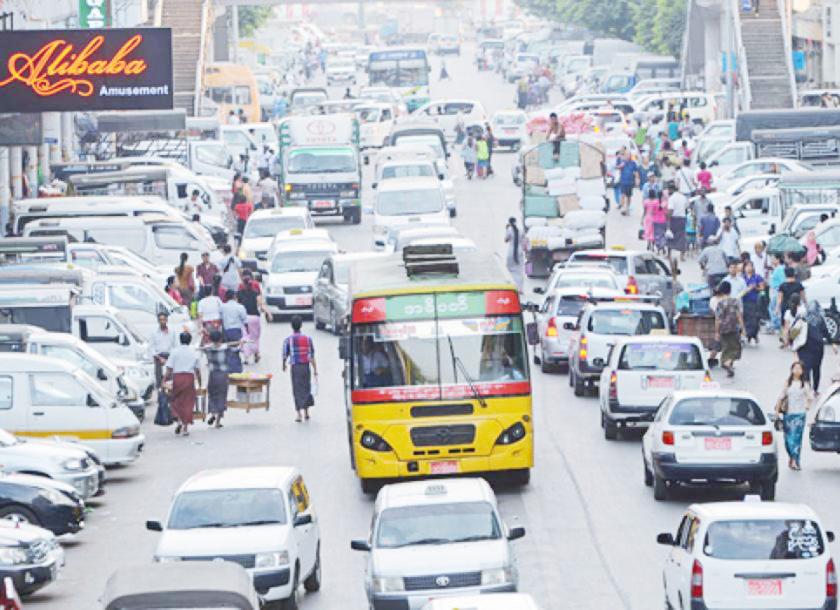Myanmar: Higher fuel import taxes to be tabled
The Myanmar Fuel Oil Importers and Distributers Association will submit the parliamentary proposal urging the government to raise the Special Commodities Tax on fuel imports, U Win Myint, secretary of the association, told The Myanmar Times.
The move comes after a spike in local fuel consumption and imports.
For the first six months of the current fiscal year, Myanmar has imported up to 1.73 million tonnes of fuel worth some $1.3 billion.
In comparison, the country imported almost 1 million tonnes of fuel during the same period last year, according to U Khin Maung Lwin, deputy secretary of the Ministry of Commerce.
Currently, there are no specific tariffs or quotas on fuel imports to Myanmar. This has resulted in rising imports over the years as the number of vehicles in the country also increases. Myanmar imports most of its fuel via sea. However, trade also takes place at border towns such as Muse.
Around 70 local and foreign companies are now actively participating in the fuel import business.
Import controls
U Win Myint said it is necessary to control the nation’s spending and reliance on fuel by reducing consumption.
“Fuel imports have risen substantially and more and more of the country’s income is spent on it,” he said.
“As we cannot restrict imports, we need to review how we can reduce fuel consumption. One way to do so is to study how other countries are dealing with this problem,” he added.
Typically, countries manage fuel imports by implementing a Special Commodities Tax on the quantity sold. In Singapore and Thailand, the Special Commodities Tax is as high as 20pc, but it is only 5pc in Myanmar.
“In Myanmar fuel is cheaper because of the low taxes implemented by the government,” U Win Myint said.
Consequently, the country has been consuming more and spending freely on imported fuel.
In the Yangon market, the retail price of diesel fuel was K745 per litre in October, while high-quality diesel was sold for K765 per litre, according to government data.
Diesel prices in the Mandalay market were K770 per litre, while a litre of high-quality diesel was worth K790.
By raising the Special Commodities Tax, Myanmar will not only be able to control the import of fuel. It can also raise revenues to cover the costs of repairing road damage caused by cars as well as reduce pollution and environmental damage.
As such, Myanmar should raise its tax on fuel imports to 20pc to be on par with other countries.
“If we change our Special Commodities Tax after studying the taxes in other countries, the country will earn appropriate revenues and fuel consumption will be under control as prices will rise,” U Win Myint said.
Source: https://www.mmtimes.com/news/higher-fuel-import-taxes-be-tabled.html


 Thailand
Thailand




